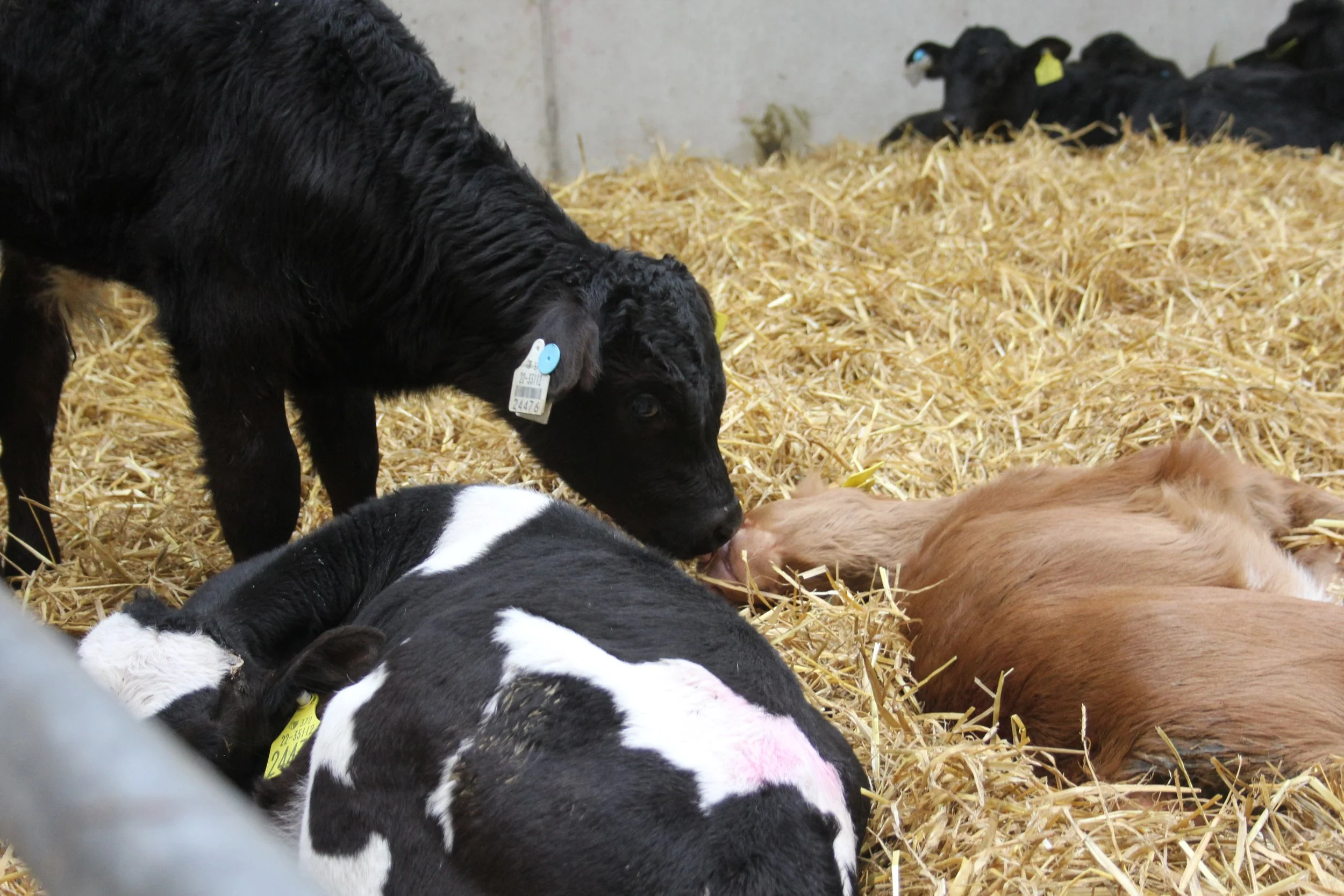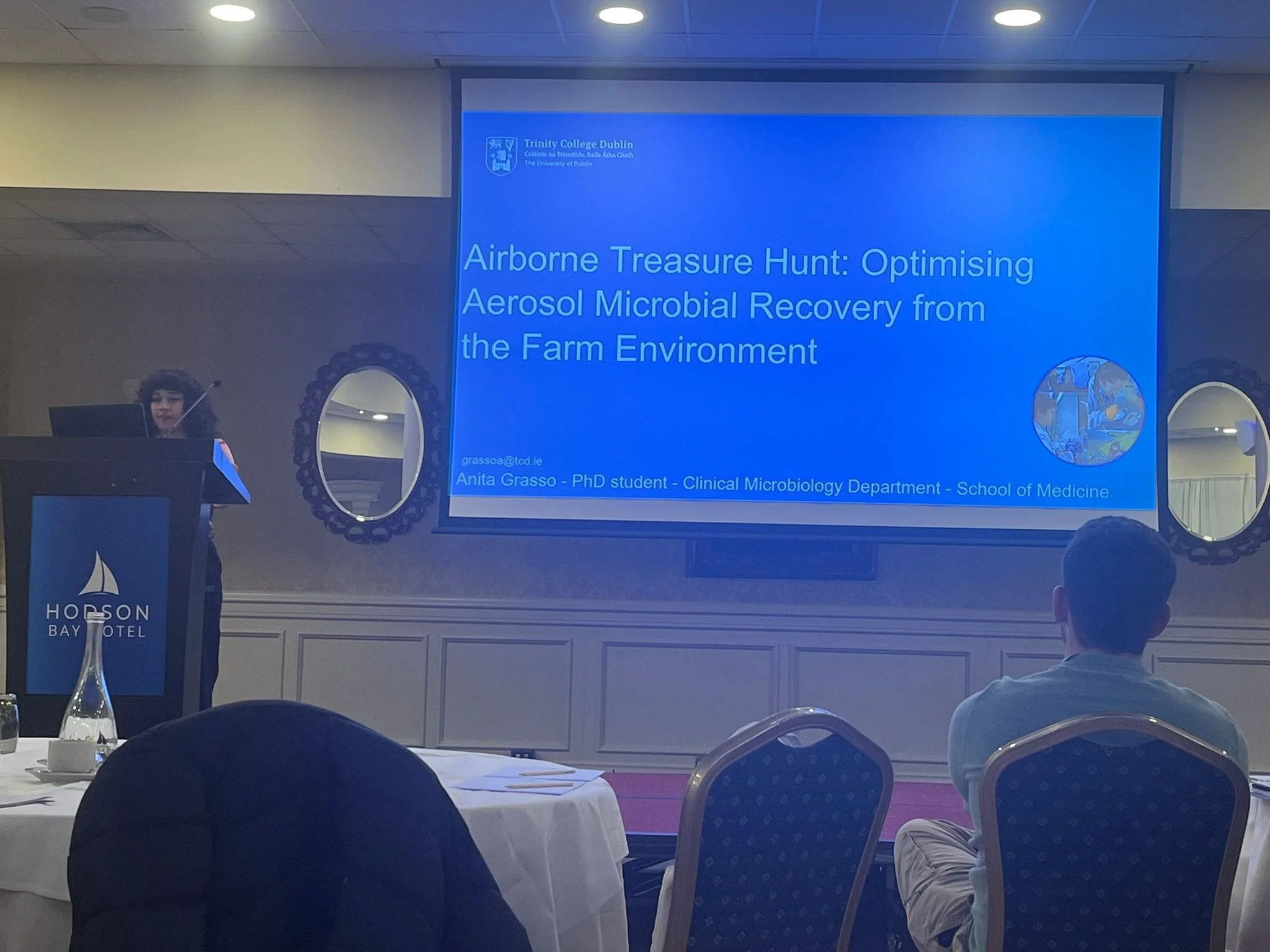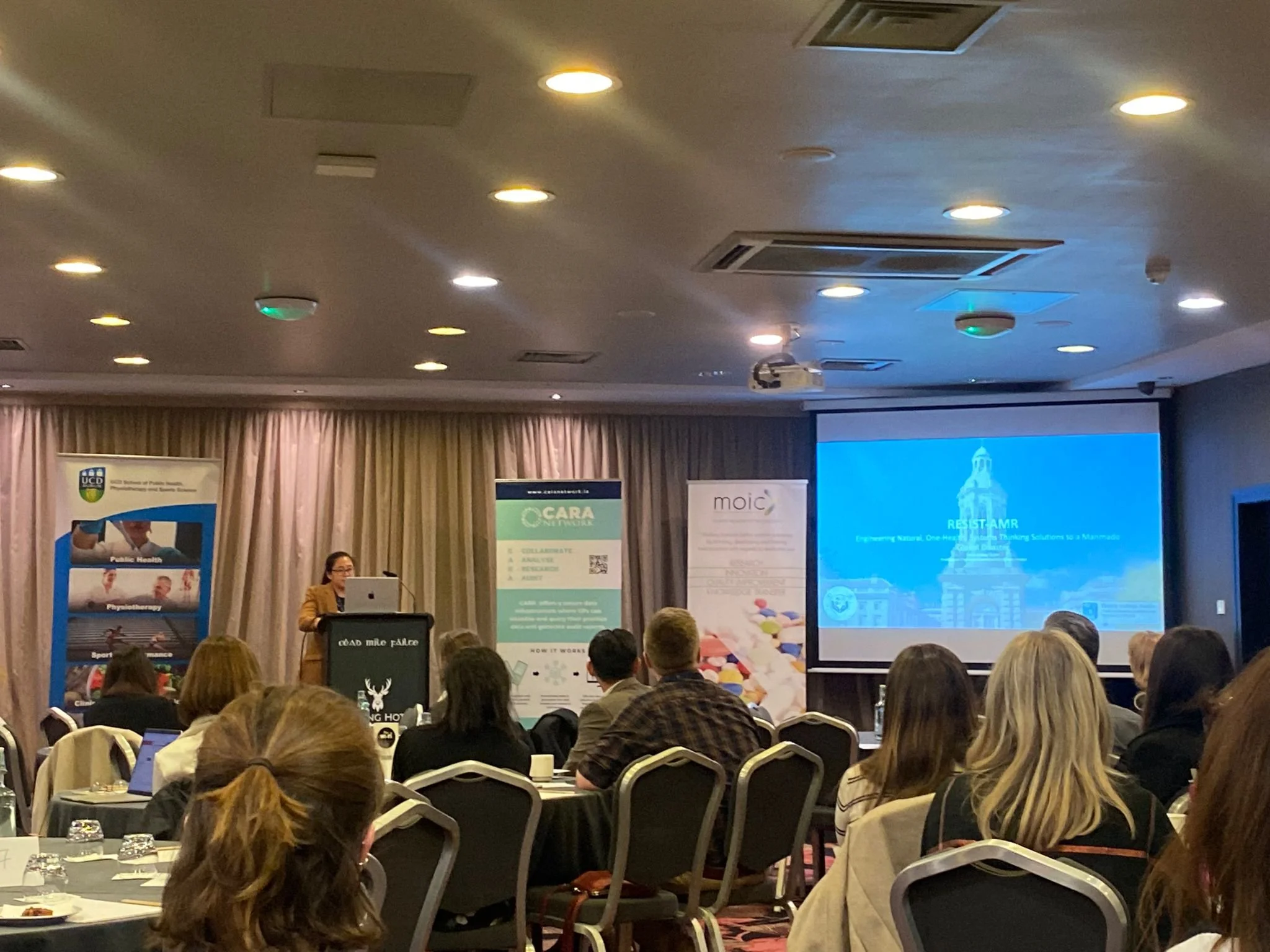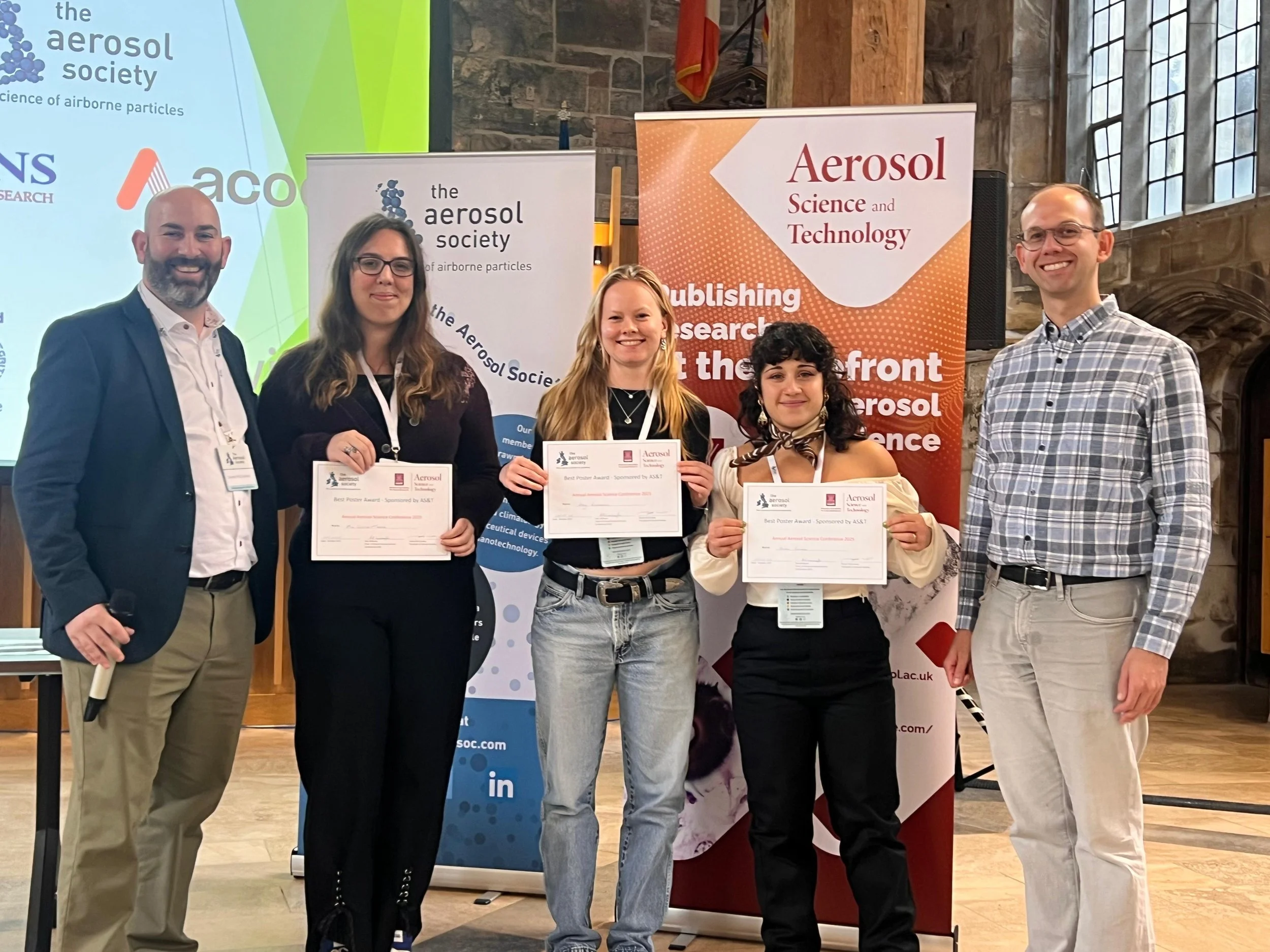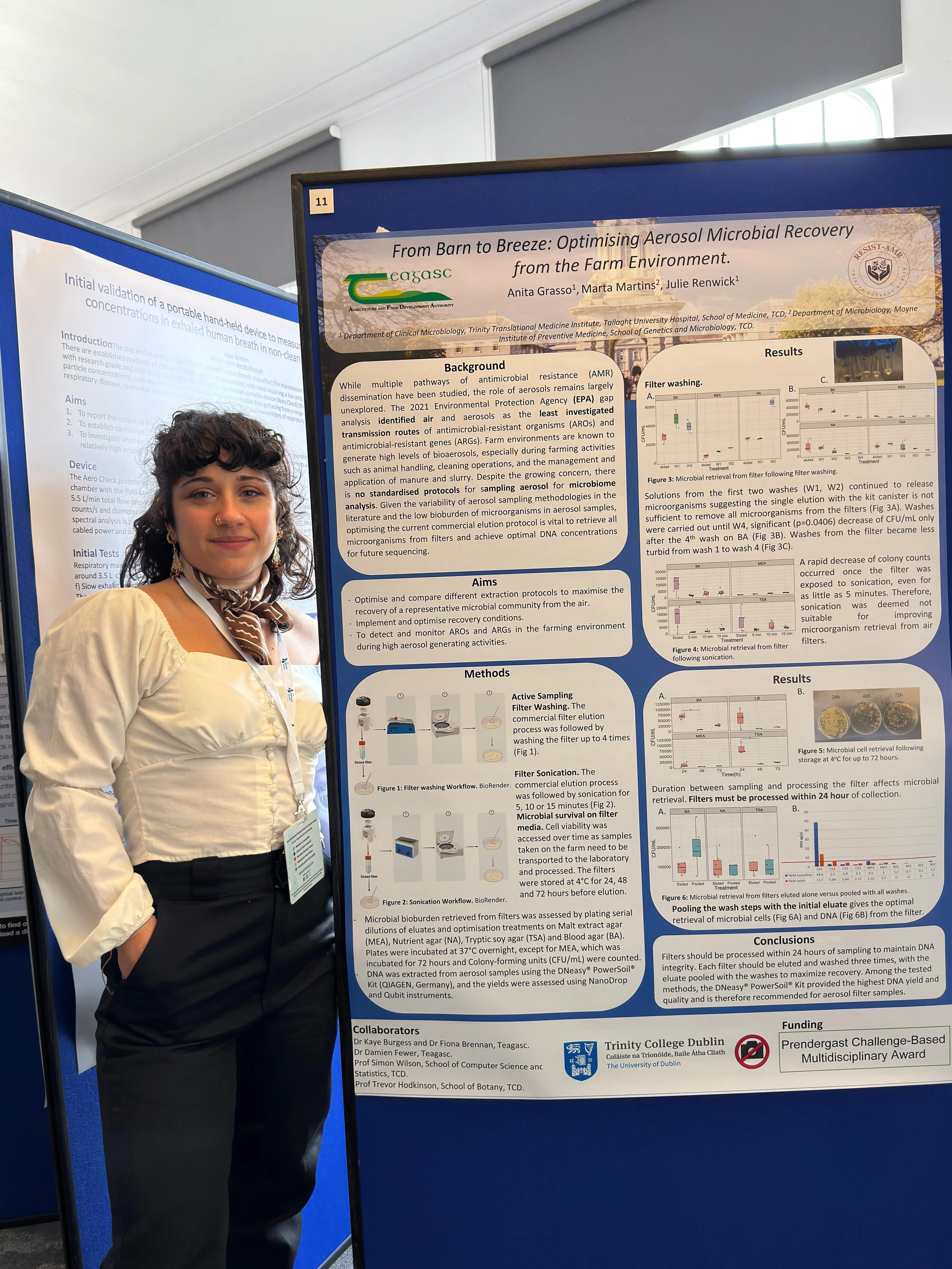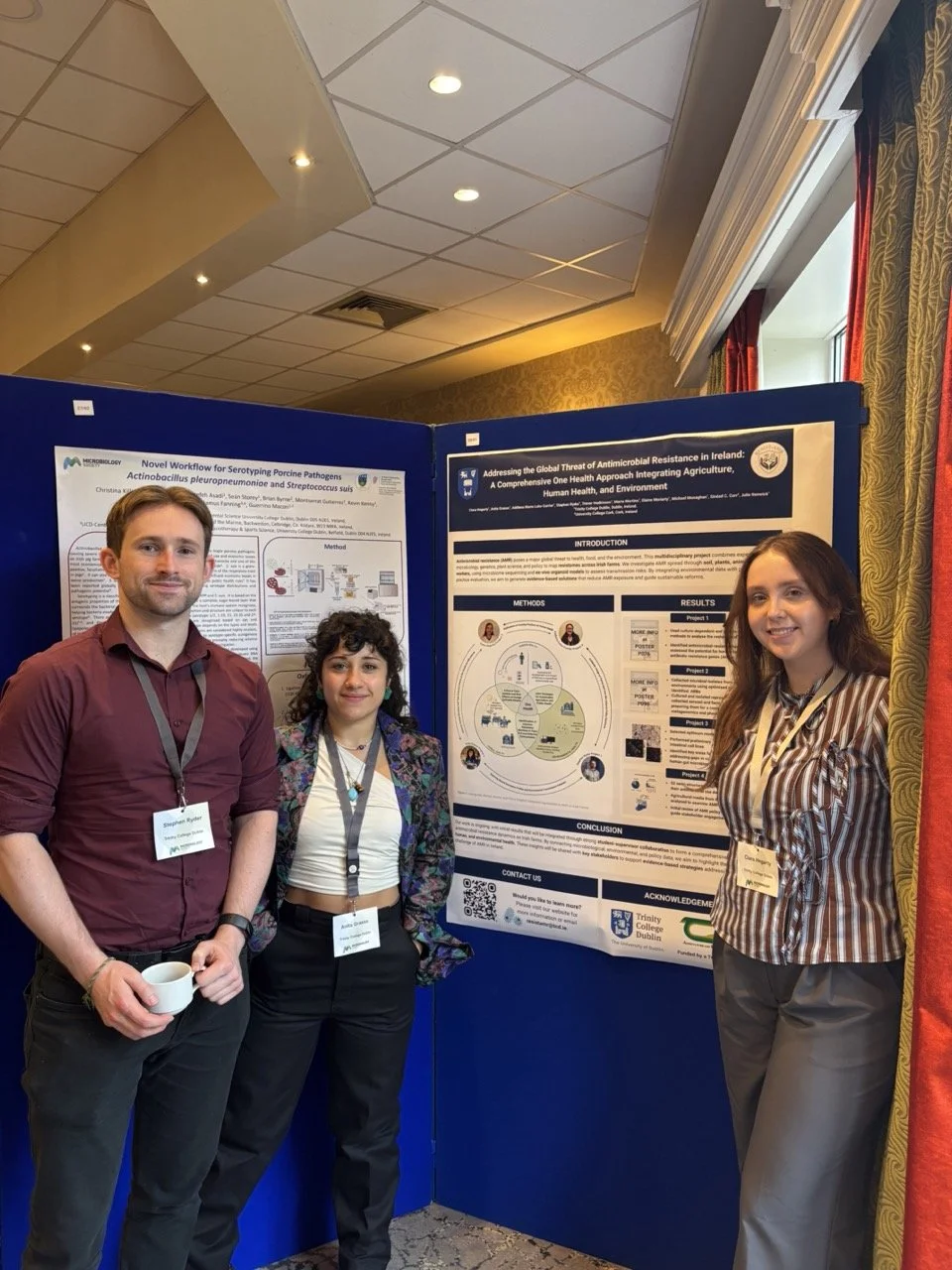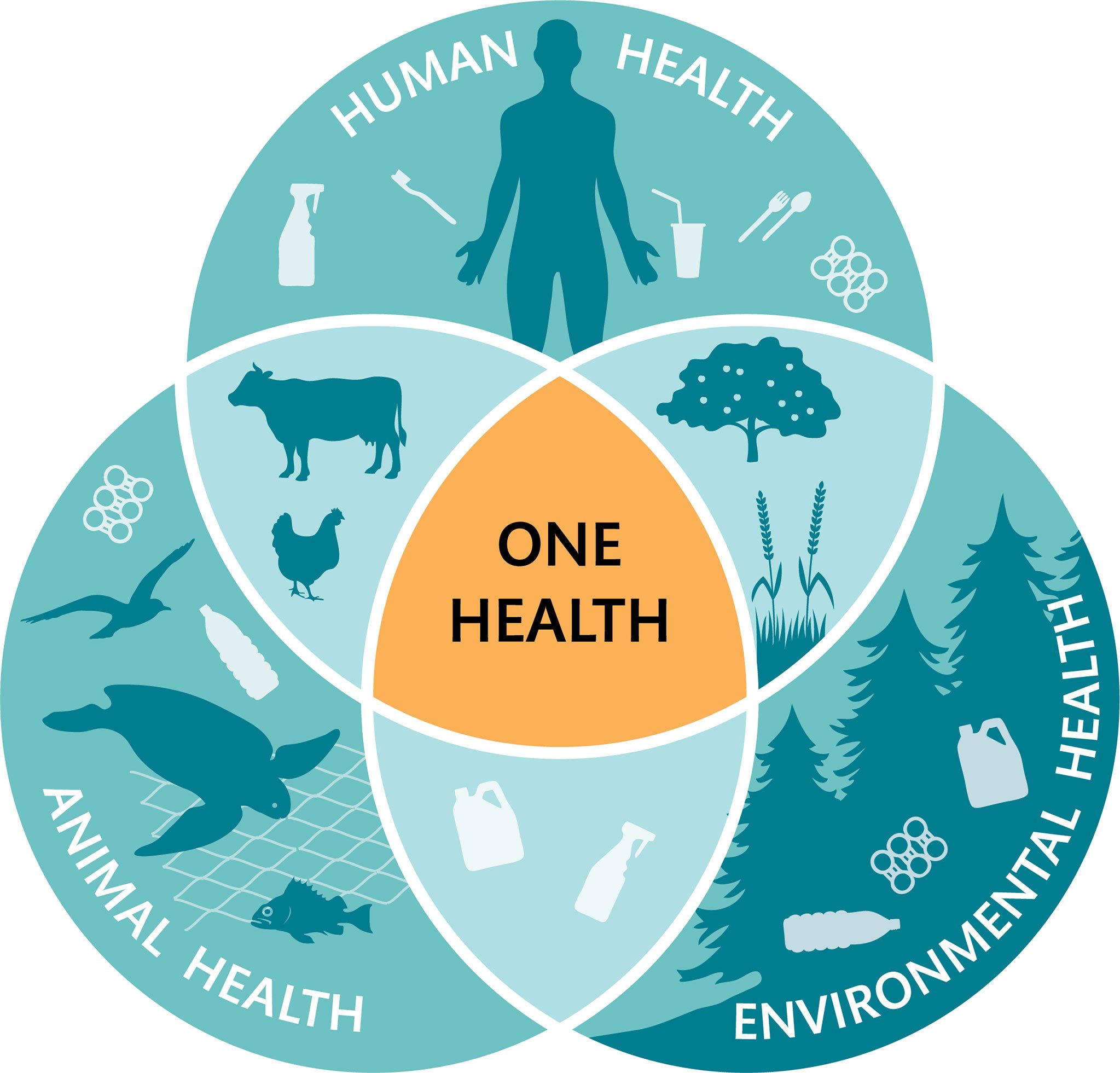
Resist-AMR
Antimicrobial Resistance: Engineering Natural, One- Health, Systems Thinking Solutions to a Manmade Global Disaster
Breaking Barriers: Trinity College Dublin's Initiative to Combat Antimicrobial Resistance
Antimicrobials are critical resources for human, animal and plant health. With emergence of antimicrobial resistance and lack of new antimicrobials, we face an unprecedented global environmental, food security and human health threat. Applying a multidisciplinary approach, the team including 4 PhD projects, plant scientists, clinical and environmental microbiologists, geneticists, AMR specialists, computer scientists/statisticians, bioengineers and sociologists, will study environmental and human ‘resistomes’ from agricultural and clinical settings and analyse agricultural stakeholders’ practices and policies to identify institutional reform implications.
-
The World Health Organisation (WHO) suggests that AMR occurs when bacteria, viruses, fungi and parasites overcome the effects of antimicrobial treatments and develop a resistance (World Health Organisation, n.d.). As a result these treatments become ineffective and infections become more difficult or even impossible to treat, increasing the risk of disease spread, severe illness, disability and death.
-
Antimicrobial resistance is a significant issue across the world. Government bodies at various levels have recognized the importance of addressing this problem and set out specific goals to direct interdisciplinary research and policy action in this area. Our work aims to contribute these goals across all levels.
International Level Actions:
The United Nations Tripartite, consisting of The World Health Organization, Food Agriculture Organization, and the World Organization for Animal Health, have recognized the threat of AMR. These organisations collaborate closely to achieve the goals of the WHO’s Global Action Plan on Antimicrobial Resistance. In 2016, the heads of state at the UN General Assembly reaffirmed this plan and committed to address the issue of AMR.
AMR targets have also been included under the UN Sustainable Development Goals (SDGs), a globally recognized roadmap, under SDG 3: Good Health and Wellbeing, specifically Target 3.d. to, "strengthen the capacity of all countries, in particular developing countries, for early warning, risk reduction and management of national and global health risks".
These actions have been supported by annual global events, such as the World Antimicrobial Awareness Week, which aims to increase awareness and understanding of the issue. This year, WAAW was from the 18th to the 24 of November, and the RESIST-AMR Students participated by attending a local conference held by Maynooth University.
European Union Level Actions:
The EU has also recognized the critical issue of AMR and in 2017 the Commission adopted the European One Health Action Plan Against AMR with a goal to make the EU a best practice region in the global arena. The EU's actions in AMR span across multiple different areas such as the Common Agricultural Policy, the Farm to Fork Strategy, and the Pharmaceutical Strategy for Europe. Recent significant legislative changes include the adoption of Regulations (EU) 2019/6 and 2019/4 regulating the veterinary medicinal products and medicated feed, particularly for metaphylactic and prophylactic use.
Irish Level Actions:
Ireland has long recognized the threat of AMR, and it has been recognized as a risk to Ireland's wellbeing in the Irish Government's National Risk Assessment since 2014. Ireland has made efforts to address this issue through the One Health National Action Plan on Antimicrobial Resistance, which is currently on its second iteration, running from 2021- 2025. In the introduction to this plan the Chief Medical, Nursing and Veterinary officers recognize the interdisciplinary nature of this issue by stating:
"Antimicrobial Resistance (AMR) is a challenge of our time, affecting people, animals and the environment. Ireland is committed to using the internally recognised One Health approach, which acknowledges that human, animal and environmental health are all connected" (p. vi).
Our project aims to utilize this needed interdisciplinary approach and contribute to these goals across the Irish, EU, and global levels to address the AMR challenge.
-
Global Action Plans
Surveillance and Monitoring
One Health Approach
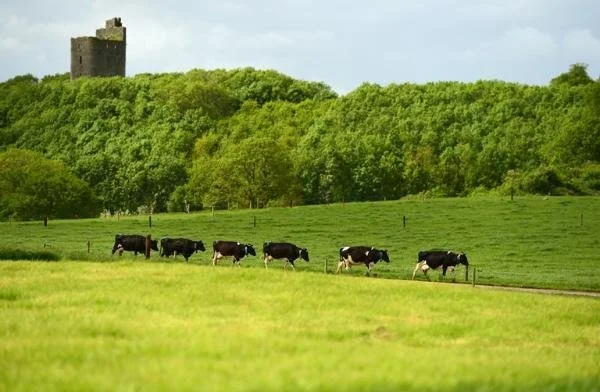
News
Project 1
Characterisation of the microbiome and antimicrobial resistome in Irish soil, forage grasses and cereals.
Project 2
Farm-to-farmer, farm-to-air transfer of antimicrobial resistance during farming practices.
Project 4
Evaluating the agricultural practices and the regulatory environment that governs antimicrobial use in Ireland.




